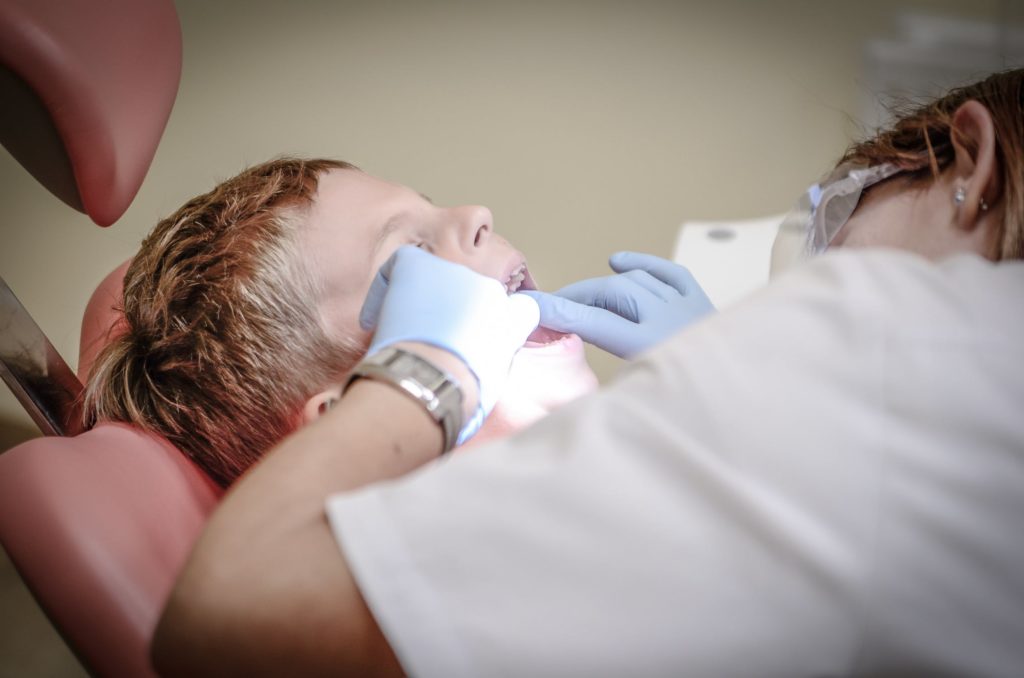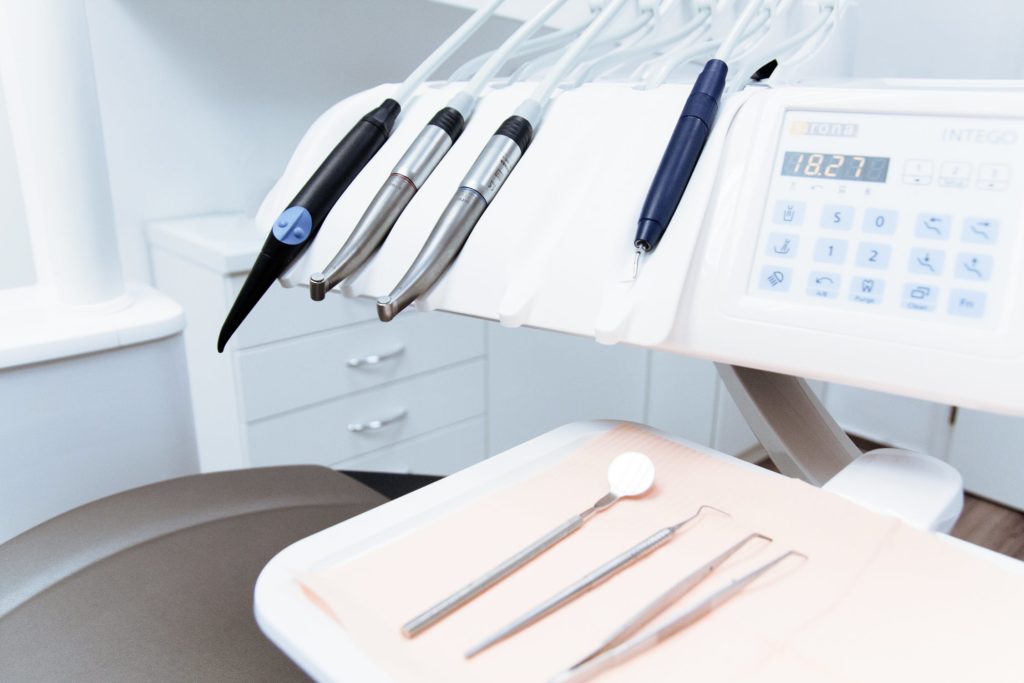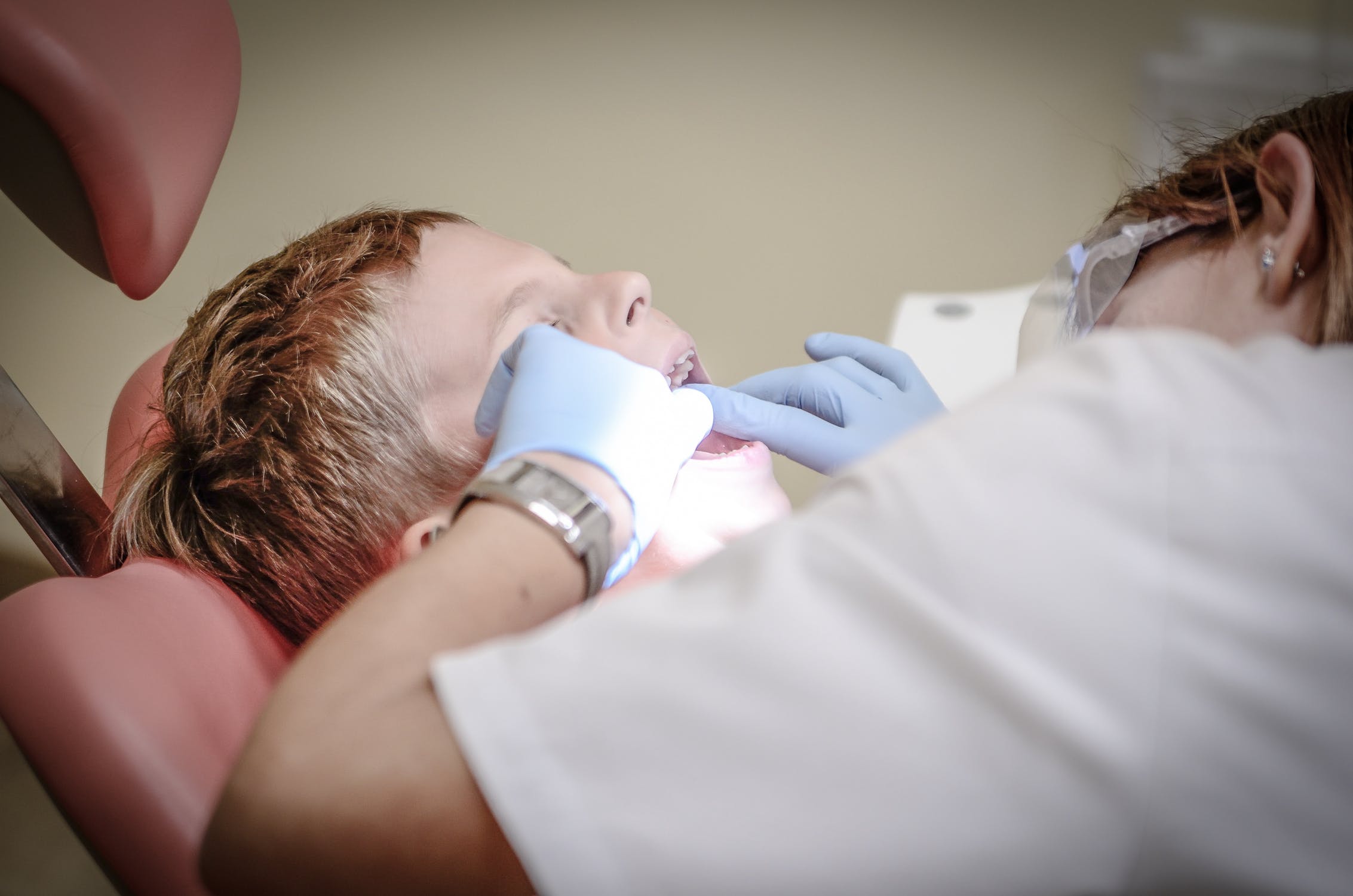When you think about dental caries in kids, the main contributing factor in your mind might be sugary food. Studies show that dental caries is indeed prevalent among children between five and seven years old. And yes, this condition occurs when certain bacteria in the mouth digest sugar to form acid. The acid, in turn, dissolves the teeth, resulting in tooth decay.
Ideally, staying away from sugary foods should prevent dental caries. But the question lingering in many people’s minds is whether this process is more aggressive in certain cases. Are there other factors contributing to tooth decay apart from sugar?

The answer is actually yes. Below are five other reasons why we are finding dental caries to be very common with children.
Congenital Dental Disorder
The congenital dental disorder is defined as an issue that develops when the baby is still in the womb, usually during the initial three months. Some of these disorders could be due to external factors, but most of them are inherited. Pediatric dentists in Lehi, or any other places, can best counter caries related to this factor.
Poor Oral Hygiene
Brushing your teeth after every meal may seem like a simple routine, but it goes a long way in preventing dental caries in children. When food particles are allowed to remain between the teeth, they promote the growth of oral bacteria. Microbes multiply as a result and enhance the chances of tooth decay, among other dental issues.
Low Fluoride Level in Water
Fluoride is a naturally occurring substance in water, its primary source being fluorine from the earth’s interior. Scientists have since established that fluoride can prevent dental caries. In some instances, it may reverse this oral problem. In case water supplies have insufficient fluoride levels (less than 0.7mg/l), your child’s pediatric dentist may advise you to contact the authorities for action.
Illness in the Child
According to scientists, there is a relationship between the immune system and tooth decay, albeit minimal. Immune cells called neutrophils are at the center of this, as they attack bacteria leading to the release of acids that demineralize the teeth. The dissolution of the enamel signals the start of tooth decay. When the child falls sick, the antimicrobial effect of the saliva reduces, thus accelerating tooth decay.
Using a Milk Bottle Overnight
Tooth decay in young children is mostly caused by their suckling on a bottle overnight. Decay is specifically caused by the sugar in their milk. As the sugar or lactose makes contact with the teeth for an extended period of time, tooth decay ensues. Saliva flow does not help in this instance because it is already too low.
There are many ways you can wean your young child off baby bottles. You can try going slowly by watering down the milk, offering a comfortable substitute, or even asking them to go cold turkey. It will be for the best.

CONCLUSION:
People of all ages are suffering from dental caries. While the prevalence of the problem may not be as high with adults, the issue still lingers in children.
Indeed, a pediatric dentist will explain that these disparities are evident when children avoid sugary foods. But the genetic connection, oral hygiene, lack of fluoride, and habit of drinking from a bottle overnight are some of the issues that need to be addressed to prevent tooth decay from spreading.

